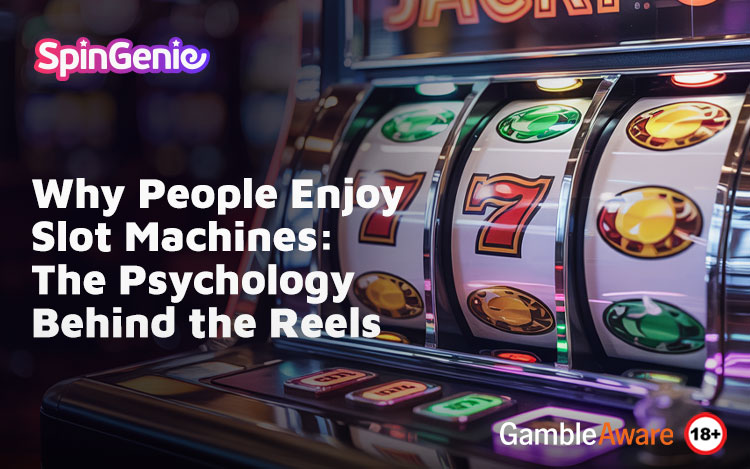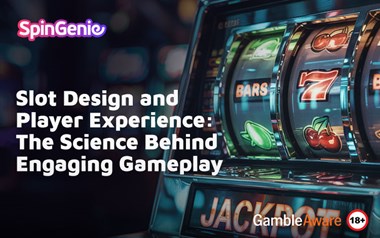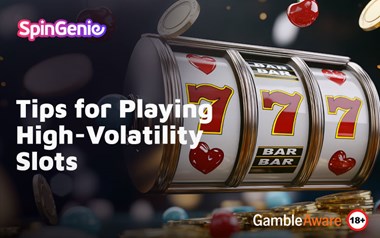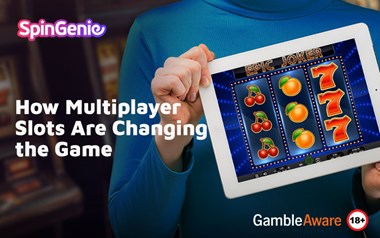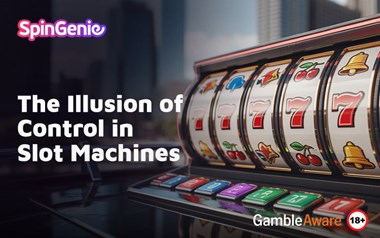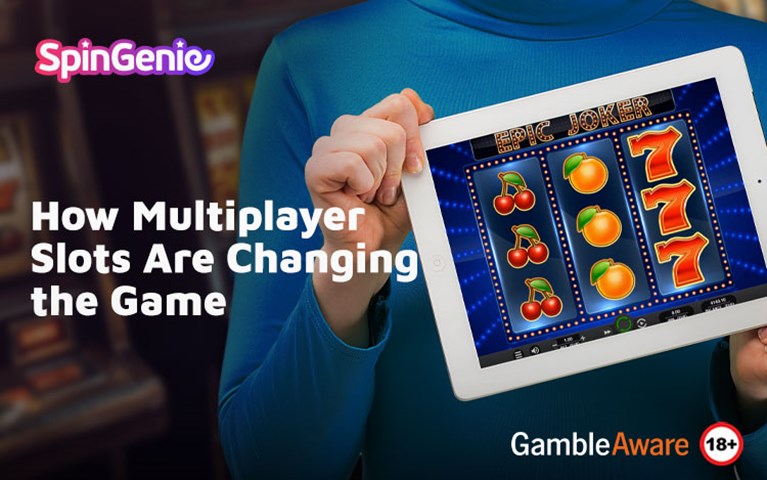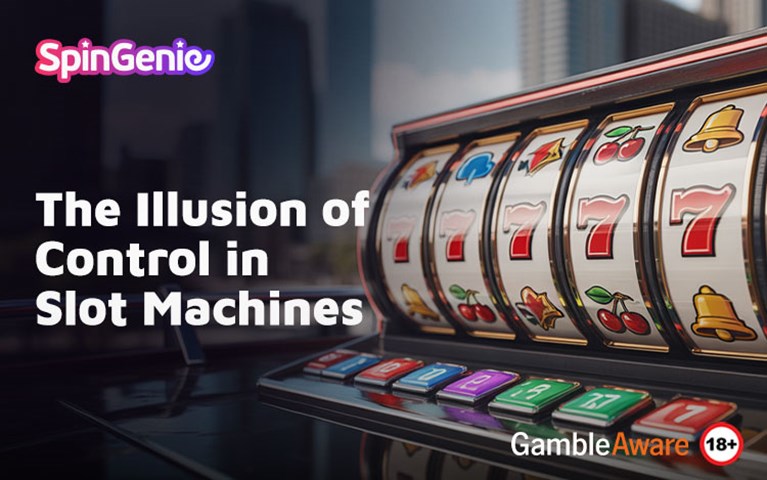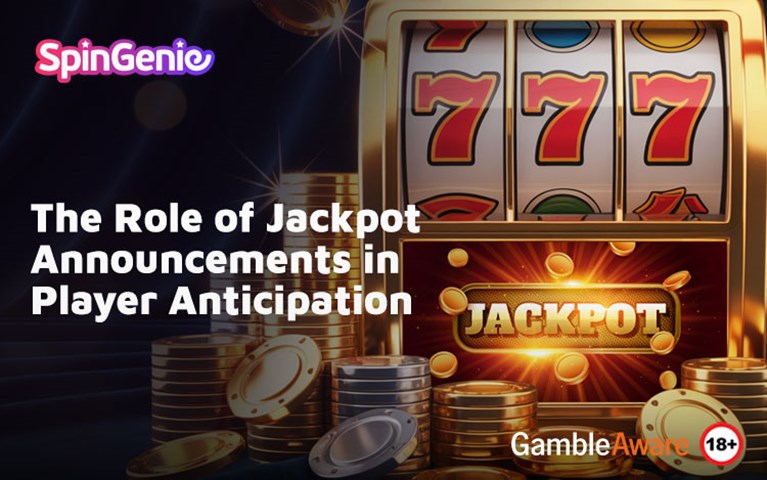Slot machines hold a unique position in the world of gambling, captivating players with their flashing lights, engaging sounds, and the ever-present possibility of a big win. When you play online slots, you're engaging with a form of entertainment carefully crafted to deliver excitement, suspense, and satisfaction. Unlike table games that require skill or strategy, slots offer pure, accessible excitement that appeals to a broad spectrum of players, from casual enthusiasts to dedicated fans.
The enduring popularity of slots isn't accidental—it's the result of decades of psychological research and game design refinement. Modern slot machines, whether physical or digital, incorporate sophisticated elements that tap into fundamental human psychology. From their visual and auditory feedback systems to their reward structures, every aspect is meticulously designed to create an engaging experience that keeps players coming back. Understanding why slots hold such appeal helps explain their dominance in both physical casinos and online gaming platforms.
The Science of Near-Misses and Almost-Wins
One of the most powerful psychological mechanisms in slot design is the near-miss effect. When two jackpot symbols appear with the third just above or below the payline, our brains interpret this as an "almost win" rather than a loss. This phenomenon triggers the same neurological pathways as actual wins, releasing dopamine and creating a sense of anticipation that encourages continued play. Game developers carefully calibrate these near-miss scenarios to occur frequently enough to maintain engagement without frustrating players.
The near-miss effect explains why players often feel they're "getting close" to a big win, even though each spin is an independent event with fixed odds. This psychological quirk makes slot play particularly compelling compared to other forms of gambling where outcomes are more clearly defined as wins or losses. The blurred line between almost-winning and losing creates a unique tension that many players find irresistible, even when they intellectually understand the randomness of the outcomes.
Variable Reward Schedules and Dopamine Release
Slot machines operate on what psychologists call a variable ratio reinforcement schedule—one of the most powerful reward systems known to behavioural science. Unlike predictable rewards (like a paycheck every Friday), variable rewards come at unpredictable intervals, creating a persistent state of anticipation. This system, explored in depth in our article on the psychology of slots, triggers dopamine release in the brain's reward centers, producing feelings of pleasure and motivation to continue the behavior.
The brilliance of slot machine design lies in its ability to deliver these variable rewards in visually and audibly exciting ways. Even small wins are celebrated with flashing lights and celebratory sounds, reinforcing the pleasure response. Larger wins receive increasingly elaborate celebrations, creating a hierarchy of rewards that keeps players engaged across different win sizes. This carefully calibrated reward system explains why players can remain absorbed in slot play for extended periods, constantly anticipating the next potential payout.
The Role of Themes and Storytelling
Modern slots have evolved far beyond simple fruit symbols and lucky sevens. Today's games like Gonzo's Quest and Book of Dead incorporate rich narratives, detailed graphics, and immersive soundscapes that transform the basic slot mechanic into an engaging adventure. These thematic elements tap into our natural love of stories and exploration, providing additional layers of enjoyment beyond the simple anticipation of winning money.
Themes allow players to connect with games on an emotional level, whether through nostalgia (like Wheel of Fortune), fantasy (like Dragon's Fire), or pop culture references (like Game of Thrones). This emotional connection enhances the overall experience, making play sessions feel more like interactive entertainment than simple gambling. The variety of available themes ensures there's something to appeal to virtually every taste and interest, broadening slots' appeal across different demographics.
Autoplay and the Illusion of Control
The introduction of autoplay features in online slots has added another psychological dimension to slot play. While players logically understand that outcomes are random, the ability to set automatic spins creates a subtle sense of control over the gaming experience. This perceived influence, even when illusory, enhances engagement and satisfaction. Players can adjust bet sizes, set loss limits, and customise other parameters, all of which contribute to this feeling of agency.
Interestingly, many players develop personal rituals or superstitions around slot play—pressing the spin button at a certain moment, playing at specific times, or following other self-created "strategies." These behaviors, while having no actual effect on outcomes, provide psychological comfort and contribute to the overall enjoyment of the experience. The slot machine design strategies behind modern games intentionally leave room for these personal interpretations and rituals.
Social Aspects of Slot Play
While slots are often considered solitary activities, they actually incorporate several social elements that enhance their appeal. In physical casinos, the communal excitement around a big win creates an infectious energy that draws in bystanders. Online slots have replicated this social aspect through features like:
- Shared progressive jackpots that build community anticipation
- Tournament play where players compete for prizes
- Chat functions in live dealer slot games
- Social media sharing of big wins
These social components satisfy our innate desire for connection and shared experience, even in digital environments. The ability to celebrate wins with others or commiserate over near-misses adds an emotional depth to slot play that pure mathematics can't explain.
Accessibility and Instant Gratification
Unlike many casino games that require learning complex rules or strategies, slots offer immediate, intuitive entertainment. With just a button press, players can experience the full range of emotions the game offers—excitement, anticipation, and (potentially) the satisfaction of winning. This accessibility makes slots appealing to casual players who might feel intimidated by table games requiring interaction with dealers or other players.
The instant gratification of slots also fits perfectly with modern attention spans and the desire for quick entertainment fixes. Whether during a short break at work or while relaxing at home, slots provide complete gaming experiences in bite-sized portions. This convenience factor has only grown with mobile gaming, allowing players to enjoy their favorite slots anywhere, anytime.
The Allure of Progressive Jackpots
Progressive jackpot slots like Mega Moolah and Mega Fortune are known for their dynamic features and evolving prize pools, offering an engaging addition to slot gameplay. The ever-increasing prize amounts create compelling narratives that transcend individual gaming sessions. Players aren't just spinning reels—they're participating in a shared story with the potential for a dramatic conclusion.
The psychology behind progressive jackpots is particularly interesting because it combines several powerful motivators:
- The dream of sudden wealth transformation
- The communal aspect of watching the jackpot grow
- The "someone has to win" mentality
- The tangible display of the potential prize
These factors create a unique form of excitement that differs from standard slot play, appealing to players who enjoy the lottery-like aspect of chasing massive payouts.
Sensory Stimulation and Immersive Design
Modern slots engage multiple senses simultaneously to create deeply immersive experiences. High-quality graphics, dynamic animations, and thematic soundtracks work together to transport players into the game's world. This multisensory approach, detailed in studies of slot machine design strategies, creates a more engaging experience than simple spinning reels could provide alone.
Game developers carefully craft these sensory elements to maintain player engagement:
- Visual effects that celebrate wins of all sizes
- Thematic music that builds excitement during bonus rounds
- Haptic feedback in mobile versions that adds tactile stimulation
- Narrative elements that unfold as play continues
This full-spectrum stimulation helps explain why slot play can induce a state of focused immersion often described as being "in the zone," where players lose track of time as they become absorbed in the experience.
The Future of Slot Psychology
As technology advances, slot designers continue finding new ways to engage players psychologically. Emerging trends include:
- Skill-based bonus rounds that satisfy competitive instincts
- Personalized gaming experiences using player data
- Virtual reality slots that enhance immersion
- Social gaming features that foster connections
- Adaptive algorithms that tailor game dynamics to individual play styles
These innovations promise to deepen the psychological appeal of slots while maintaining the core elements that have made them casino favorites for decades. However, they also raise important questions about responsible gambling that the industry must address as these technologies develop. Discover the excitement of slots at Spin Genie UK. Join the fun today—responsibly.

